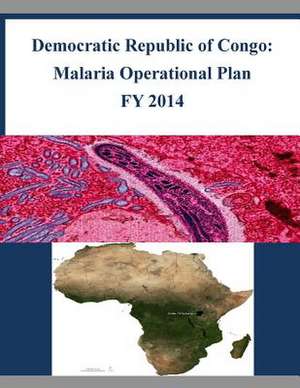Democratic Republic of Congo
Autor United States Agency of International Deen Limba Engleză Paperback
Preț: 84.18 lei
Nou
Puncte Express: 126
Preț estimativ în valută:
16.11€ • 17.51$ • 13.54£
16.11€ • 17.51$ • 13.54£
Carte disponibilă
Livrare economică 31 martie-14 aprilie
Preluare comenzi: 021 569.72.76
Specificații
ISBN-13: 9781503042698
ISBN-10: 1503042693
Pagini: 60
Dimensiuni: 216 x 279 x 3 mm
Greutate: 0.16 kg
Editura: CREATESPACE
ISBN-10: 1503042693
Pagini: 60
Dimensiuni: 216 x 279 x 3 mm
Greutate: 0.16 kg
Editura: CREATESPACE
